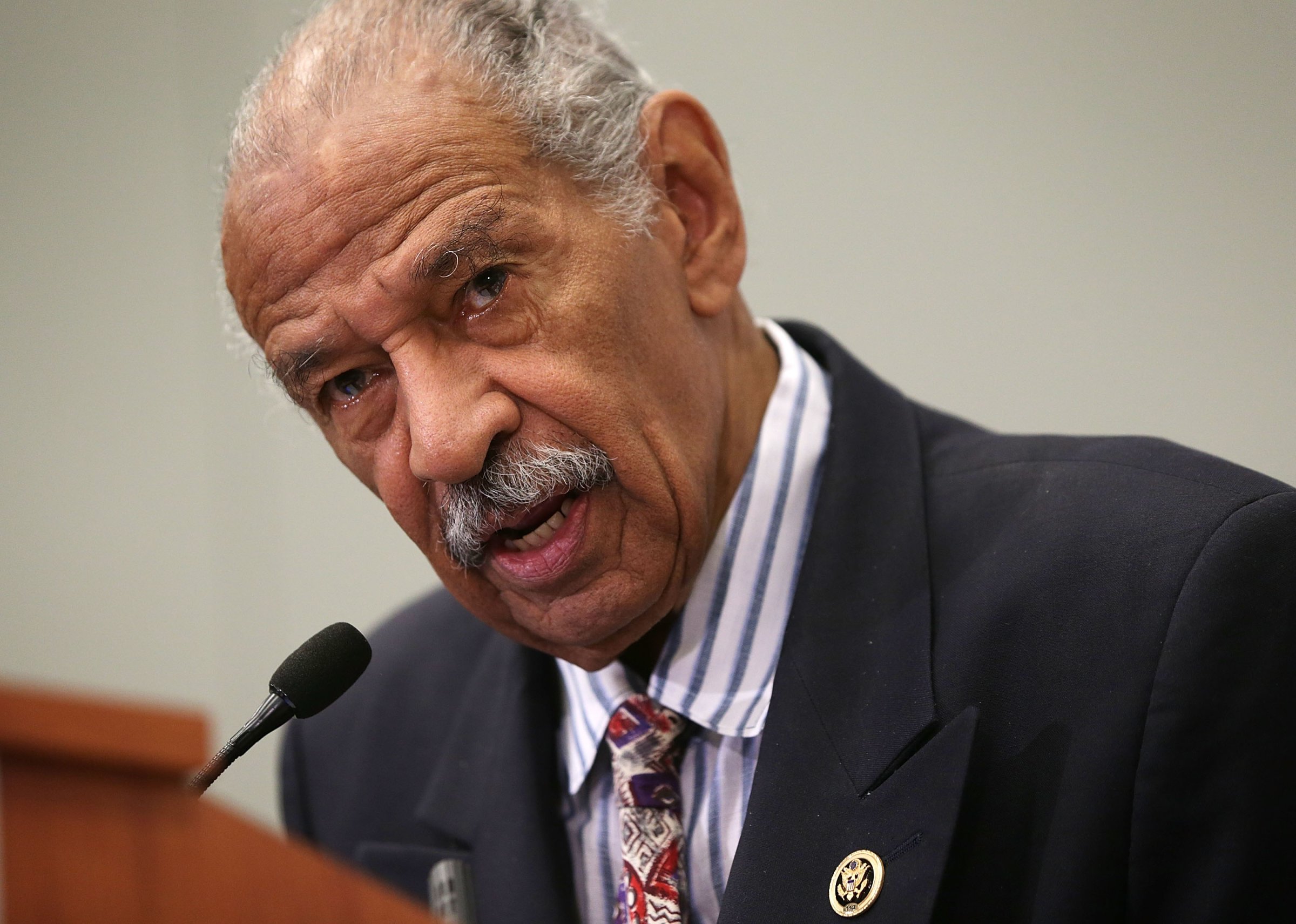
Rather than celebrating the anniversary of the landmark Brown v. Board of Education decision, which ruled that separate but equal treatment in education of blacks and whites was unconstitutional, we are left to ponder why school segregation survived well into the 21st century. This week, a federal judge ordered Cleveland, Miss., to desegregate its middle and high schools, which were running under an unconstitutional system. It has been reported that district officials have argued that desegregating the schools will cause white flight. Sadly, these claims are unsettlingly similar to those heard during the civil-rights era.
Like many in Congress, during educational policy debates, I was concerned that No Child Left Behind’s implementation failed to adequately address disparities in public schools and feared it might actually undermine educational equality. Two years ago, my colleagues Congressman Bobby Scott, former Congressman George Miller and I requested that the Government Accountability Office (GAO) investigate racial and socioeconomic isolation and integration in our secondary schools. The GAO report, released this week, revealed that our public schools are still largely segregated by race and class, and are resegregating at an alarming rate.
The percentage of schools in which 75% of students were both low-income and Hispanic or African American has increased from 9% of all K-12 public schools in 2001 to 16% of all such schools in 2014. Charter schools have seen similarly alarming trends, growing from 3% to 13% segregated by low-income as well as race and ethnicity. In absolute terms, the report shows that more than 20 million students of color now attend racially and socioeconomically isolated public schools, up from under 14 million students in 2001.
The GAO study also found that 61% of all high poverty schools are populated by at least 75% students of color. The report confirms that these high poverty, high minority schools don’t have as many resources as other non-high poverty, high minority schools. Additionally, it found that many students at these schools don’t have access to advanced coursework and are more likely to be suspended or expelled.
Though federal policy was intended to improve outcomes for at-risk students, serious structural barriers exist to achieving equal education for poor and minority students across the Nation. According to the U.S. Department of Education, African-American and Latino students are still less likely than their white or Asian peers to perform on grade level and twice as likely to drop out. Decades of research has shown that segregation negatively impacts student outcomes, with high school dropout rates significantly higher in poor, segregated schools.
Following the release of these findings, Congressman Bobby Scott and I, introduced H.R. 5260, the Equity and Inclusion Enforcement Act. This bill would overrule the 2001 Alexander v. Sandoval ruling, which stripped victims of discrimination of the right to bring disparate impact claims under Title VI of the Civil Rights Act of 1964. The legislation would amend Title VI of the Civil Rights Act of 1964—which bars any entity that receives federal dollars from discriminating on the basis of race, color or national origin—by restoring the right to individual civil court actions in cases involving disparate impact. The bill would also provide federal support to school districts to proactively monitor and ensure compliance with Title VI.
President Barack Obama signed the Every Student Succeeds Act into law last December. This critical legislation reauthorizes the Elementary and Secondary Education Act of 1965 and replaces the No Child Left Behind Act, providing drastic improvements to the challenges the law presented. It is my hope that the implementation of this act will help provide our schools with the long overdue resources they need to improve the quality of education for all students.
This week has proven that a focused effort is needed at the federal, state and local level to uphold the true meaning of Brown. The U.S. Departments of Education and Justice need to use the full extent of their authority to investigate the resegration of local schools and ensure that all children receive access to equal education at all publicly funded schools including both traditional and charter.
We must stop these trends toward resegegation from continuing unabated. Educational apartheid should not be an issue in the 21st century.
More Must-Reads from TIME
- Cybersecurity Experts Are Sounding the Alarm on DOGE
- Meet the 2025 Women of the Year
- The Harsh Truth About Disability Inclusion
- Why Do More Young Adults Have Cancer?
- Colman Domingo Leads With Radical Love
- How to Get Better at Doing Things Alone
- Michelle Zauner Stares Down the Darkness
Contact us at letters@time.com